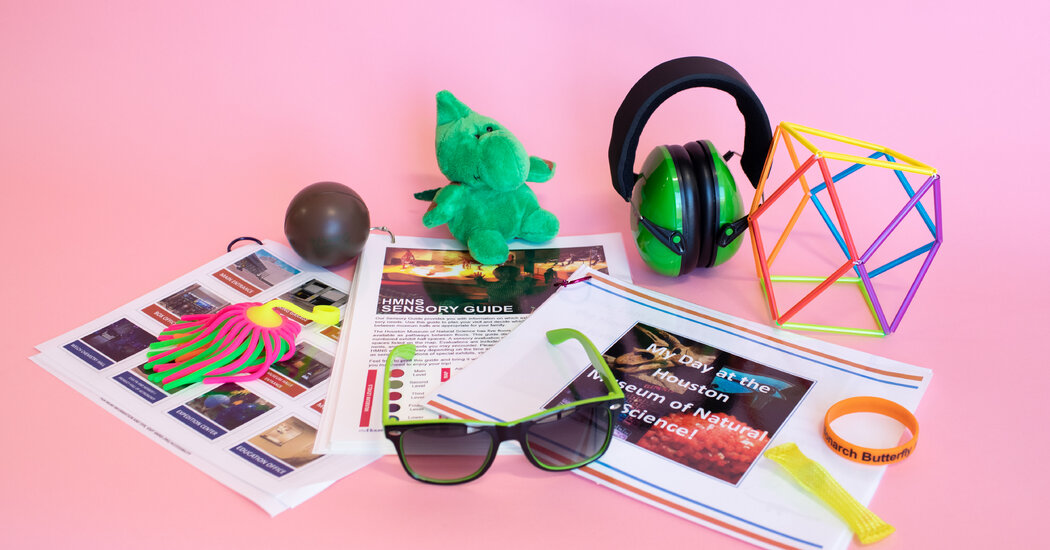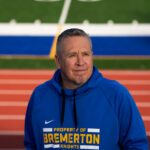
KultureCity, a nonprofit based in Birmingham, Ala, and founded by parents of children with autism, has trained and equipped more than 900 organizations, said the executive director, Uma Srivastava. The organization’s hallmark is its “sensory bag” filled with gear that staff and visitors can quickly use to quell sensory overload, like the noise-canceling headphones that helped Avery Shipley, or sunglasses that block strobe lighting. (Similar types of sensory bags are widely available through educational supply companies.)
The International Board of Credentialing and Continuing Education Standards, based in Jacksonville, Fla., offers online certification for people who work with autistic and other disabled people, as well as to travel industry employees. Hotels, attractions and even whole towns can become certified autism centers. According to the IBCCES president, Meredith Tekin, it has trained and certified more than 138,000 corporate, health care and travel industry staffers in 82 countries. It also runs Autism Travel, a website that recommends destinations the IBCCES has credentialed and offers families additional tools and strategies for navigating transportation, hotels and various types of activities.
The Champion Autism Network is a nonprofit founded six years ago in Surfside Beach, Fla., that offers training and certification for travel destinations that want to be inclusive. It has just introduced a suite of programs in Myrtle Beach, S.C. It funds its autism advocacy by selling training programs, said the executive director, Becky Large.
In 2016, the Hidden Disabilities program launched at London’s Gatwick Airport as a way to make travel easier for people with neurological differences, hearing loss and other conditions. They make themselves known by wearing lanyards bearing the program’s logo, a sunflower on a green background. The program has now expanded to employers of all sorts in 22 countries, including the United States. Hotels, airports and other travel suppliers participate in the program by paying a licensing fee and by asking staff to watch three two-minute videos intended to equip them to better help travelers with special requests.
The mishmash of self-certified programs risks consumer confusion at best, said Roger Ideishi, the director of occupational therapy and a professor of health, human function and rehabilitation services at George Washington University, who consults with major museums. “We’re still discovering how neurodiverse people navigate through the community,” he said, “We really don’t have set baselines. The only best practice is ongoing dialogue with all local stakeholders.”
Many cultural organizations take their cues from the annual Leadership Exchange for Arts and Disability conference organized by the Kennedy Center in Washington, D.C. The conference aims to inform all cultural and entertainment venues of new ways to include neurodivergent people, said the conference’s director Betty Siegel.
Ten years ago, the conference began integrating strategies for including people with autism into its agenda, which previously had focused mainly on physical and hearing accessibility. The autism-friendly approach replicated the model that seemed to work for serving the deaf and hard of hearing: offering a performance specifically for that audience and its perceived needs.




